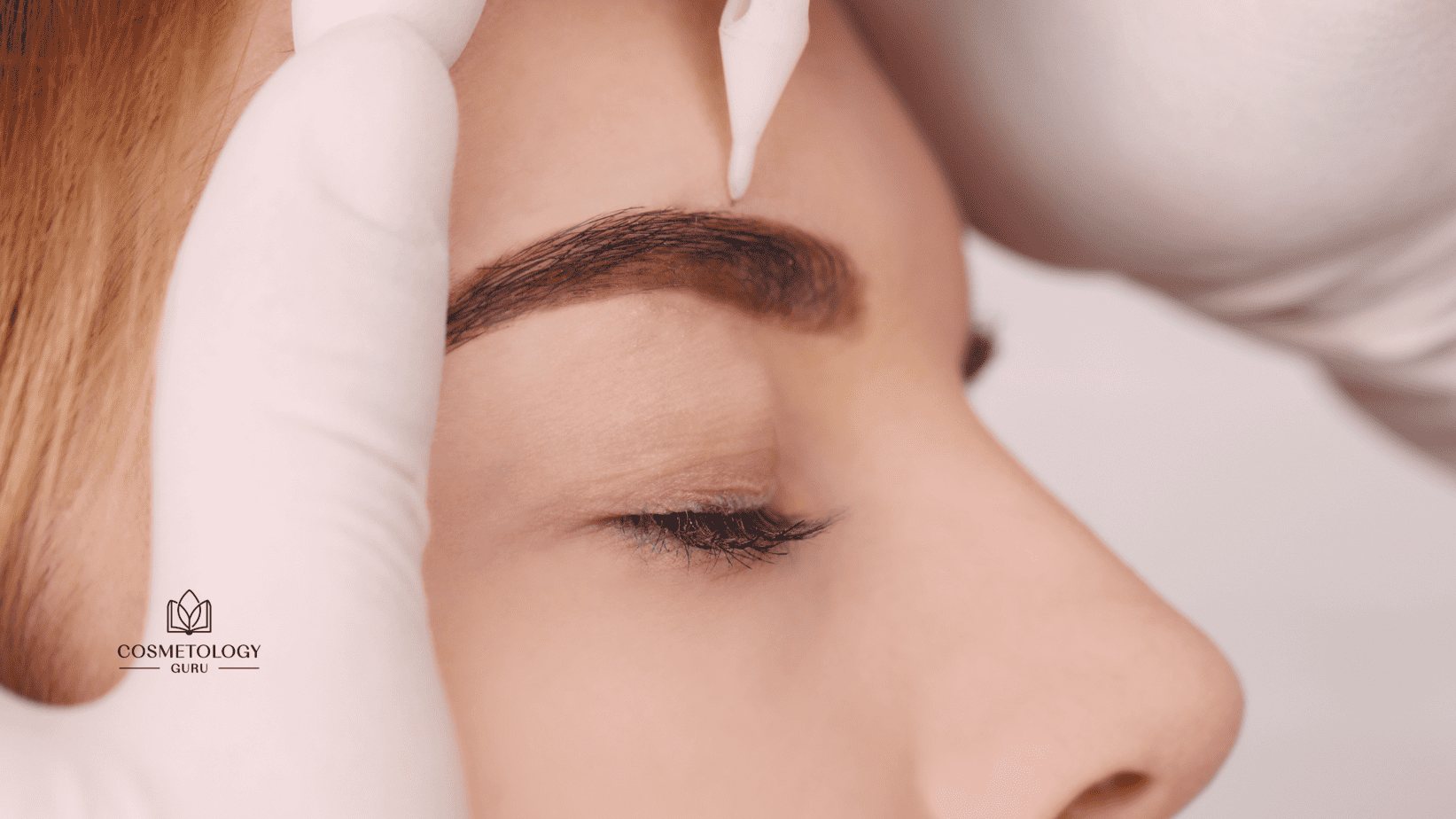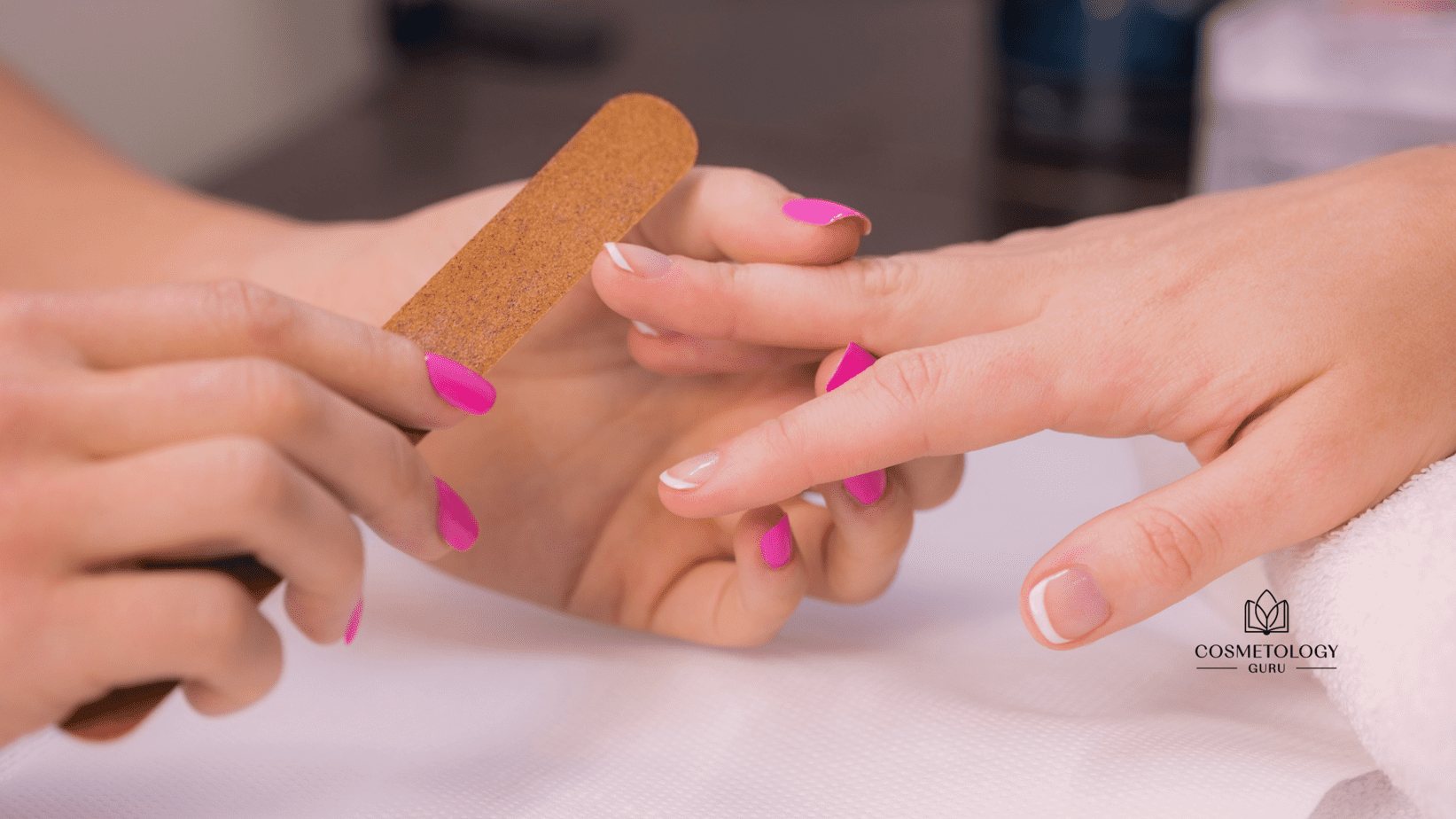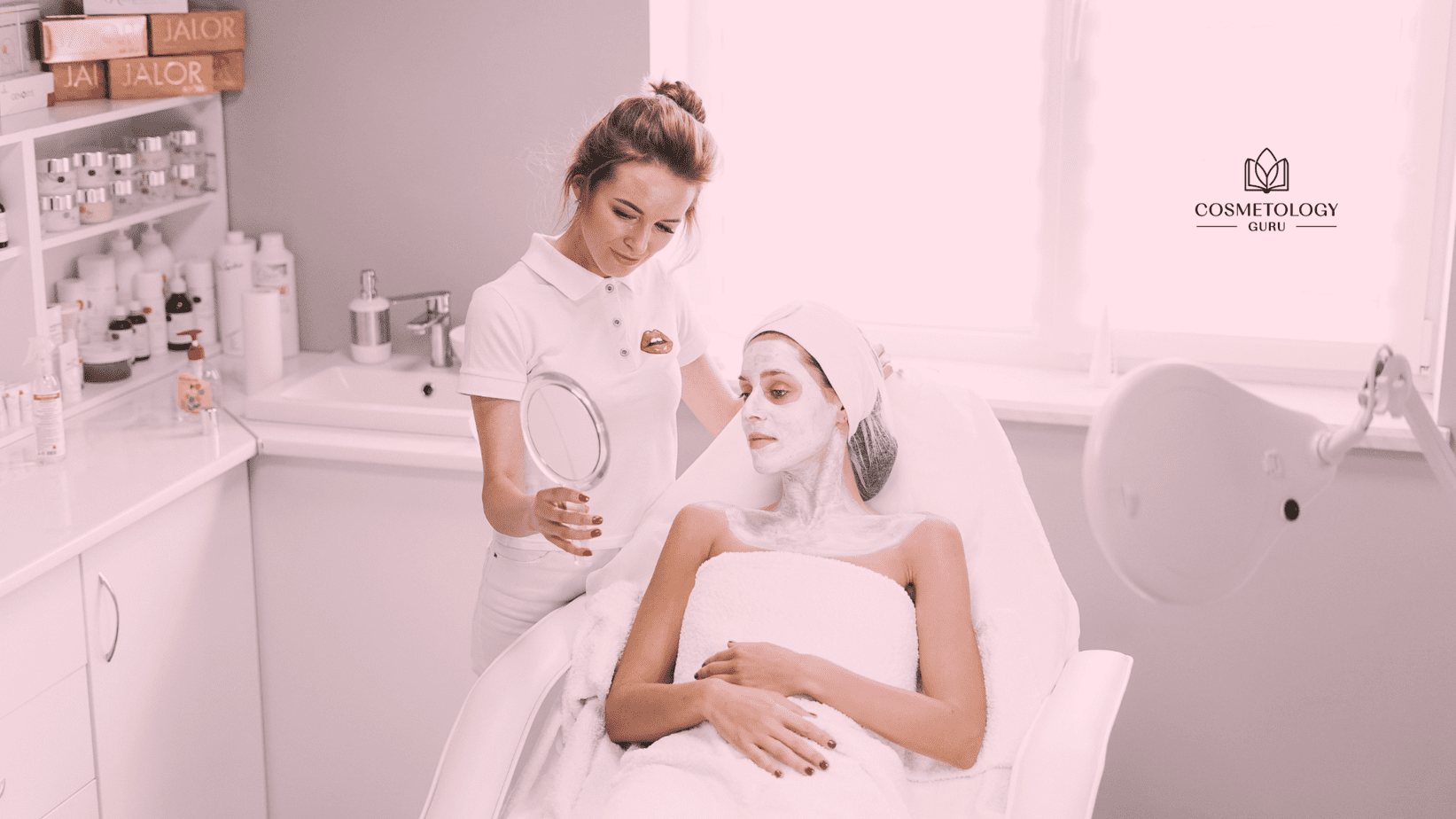Sponsored
How hard is cosmetology school? Harder than many people think, yet totally doable for those who come prepared.
The exact level of difficulty depends on the school and on the student. Your success depends as much on your communication skills, study skills, social skills, and mindset as it does on your artistic ability.
We reached out directly to beauty schools and cosmetologists and asked for their inside perspective.
And guess what?
About half of the hairstylists interviewed said that cosmetology school was very different than they expected.
Knowing what the path to a cosmetology career looks like helps you know whether it’s a hike you really want to take. It also enables you to prepare for the journey so you’ll be most likely to make it to the top and enjoy the journey itself.
What to expect in cosmetology school

- Expect to work. Cosmetology school is not hanging out in the salon with your friends all day. Developing new skills and internalizing new information takes effort, commitment, and lots of practice.
- Expect to study. There will be homework, reading, quizzes, and tests. You’ll have to remember a lot of information so you can pass the state exam. Treat cosmetology school just like you would any other college or tech school.
- Expect to be around people. Cosmetology isn’t a secluded career, and neither is the education path to get there. Your communication and people skills will play a huge role.
- Expect to spend a lot of time on your feet. Especially as the program progresses and you spend more time on the floor with actual clients.
- Expect to have fun! Enjoying the work is a sure sign that cosmetology is right for you.
What do you learn in cosmetology school?
Hair is usually the first thing that comes to mind when we think of cosmetology. However, the umbrella of cosmetology covers more than hair.
The National Center for Education Statistics defines a cosmetology program as:
“A program that generally prepares individuals to cut, trim, and style scalp, facial, and body hair; apply cosmetic preparations; perform manicures and pedicures; massage the head and extremities; and prepare for practice as licensed cosmetologists in specialized or full-service salons.
Includes instruction in hair cutting and styling, manicuring, pedicuring, facial treatments, shampooing, chemical applications, esthetics, shop management, sanitation and safety, customer service, and applicable professional and labor laws and regulations.”
That’s quite a mouthful!
To put it more simply, you’ll learn how to safely and competently help people change and improve their hair and nails.
The Main Subject Areas Taught In Cosmetology Schools
You can generally expect to learn the same main subjects at most cosmetology schools (to varying depths).
- Hair care, cutting, styling, and chemical treatment
- Manicures and pedicures
- Artificial nails
Two Aspects of Each Subject Area
Each subject area will include two aspects of instruction and practice:
- Techniques: this includes all the actual how-to teaching as well as things like safety and sanitation.
- Theory (the science behind the techniques): this includes things like biology, anatomy, physiology, and chemistry.
Both aspects work together.
Kind of like the bristles and handle of the same hairbrush.
Understanding the structure and mechanical behavior of hair, skin, and nails, and how different chemicals and techniques affect them is a fundamental part of cosmetology.
(For example, understanding the structure of hair, how a perm works, and how different hair types will be affected by the chemicals so you can get the results you want and avoid frying someone’s hair.)
Possible Extra Subjects
In addition to hair, nails, and sanitation, many cosmetology schools include some level of training about:
- Wigs
- Body and facial hair/waxing
- Facials
- Skin care
- Make-up
- Business, marketing, and running a salon
If any of those topics interest you, be sure to ask about them specifically when you research schools.
If you want to pursue esthetics, make-up artistry, or another related field, then you’ll probably need to look for specific programs outside of a standard cosmetology program.
Research schools before enrolling
Some cosmetology schools have fantastic programs that cover all the bases.
Others, not so much.
Some have shifted over the years toward meeting state exam requirements and not offering much else.
As you research cosmetology schools, keep an eye out for programs that only offer the minimum needed to pass the state certification. These are much less likely to prepare you to walk confidently out their door straight into the workplace.
Several hairstylists we spoke with said they felt unprepared for their career when they finished cosmetology school. This was especially true of those who graduated from technical school programs.
However, others we spoke with walked straight into their first job with total confidence.
The school you choose can really make a difference.
What is it like at cosmetology school?

All students begin cosmetology school strictly in the classroom. They spend a certain number of hours in classroom-only training before starting any clinical work (e.g., haircuts on actual clients). The length of time you’ll spend in the classroom before moving to the floor varies from school to school.
Classroom instruction will cover both techniques and theory.
You’ll watch your instructor demonstrate techniques and then practice those techniques on mannequins.
You’ll also listen to lectures and take notes like you would a typical college class.
As you advance, you’ll begin to work with clients under supervision. Ideally, an instructor will be there with you at all times to teach, coach, critique, and prevent mishaps.
Your time in the classroom will decrease, and your time working with clients will increase as you progress through the program.
How hard is it to pass cosmetology school?
Students who show up, do the work, and study the material will very likely pass cosmetology school without any major problems.
One of the keys to your success will be 100% commitment to the program as a piece of your long-term career path.
This commitment includes being prepared to repeat the same techniques over and over again, giving full focus and effort every day.
Remember, “Bosses master the basics.”
This level of commitment comes easily to those who already have a passion for cosmetology. Your excitement about making people look and feel great and learning the latest industry trends will keep pushing you.
What challenges might you face?

Academic challenges
Learning all that theory and science can trip up some students. If you make a study plan and study consistently throughout your time in school, you’ll be most likely to master the material and pass your exams.
Communication challenges
You’ll need to learn to listen to your clients, understand what they want, and see how that translates into methods and techniques so you can produce the results they want.
Easier said than done.
You’ll develop these listening skills over time. Working hard to understand and follow your teacher’s instructions is the best place to start.
Physical challenges
Transitioning from sitting most of the day to standing most of the day can be hard at first. (This is a great excuse to buy a new pair of comfy, supportive shoes!)
Dexterity problems can also be a challenge for some. Your hands have to be functional enough to do the work. If you have arthritis, carpal tunnel syndrome, trigger finger, or other conditions that affect your hands, you should probably check with your doctor before enrolling.
Social challenges
People skills are crucial to success in cosmetology. You’ll need stellar customer service skills that are consistent, no matter what challenge or conflict arises.
You’ll need people skills in your other business relationships, too. One piece of advice we heard from every hairstylist we spoke with is to “stay out of drama.”
You’re in school primarily to get an education, not to make friends. As you develop personal relationships with fellow students, you’ll need to be able to keep a clear focus on your goal and the task at hand.
Solid communication and conflict resolution go along way when dealing with people. So does the art of letting little things go.
Emotional challenges
Resilience is critical when you encounter challenges as you learn something new.
You may be frustrated if you don’t pick up new techniques as quickly as you want to. Be prepared for setbacks and challenges. Give yourself extra space and patience to grow.
Choose to go into “problem-solving mode” instead of being hard on yourself when things go wrong.
You must also be able to tolerate criticism. As you develop, you’ll get plenty of guidance and criticism. When you can take this kind of critique as a gift and a chance to grow rather than taking it personally, you’ll have developed a skill that is priceless.
Personal challenges
One of the most common challenges of cosmetology school has nothing to do with the school itself: your personal life.
This seems to be most often true of students who also work another job, have bills to pay, or have children. Kids get sick. Work schedules change. Life happens.
If you can’t focus on your education 100% during cosmetology school, be sure to make back-up plans to help you succeed despite unexpected challenges.
Is cosmetology school for me?
Here are some key signs that will help you answer that.
7 signs cosmetology school is probably not for you:
- You want a career path that doesn’t require much effort
- You’re not a people-person
- You don’t like touching people
- You struggle to stay professional when under pressure
- You struggle to understand instructions or descriptions
- You have physical problems that will affect your ability to do this type of work
- You’re not passionate about some aspect of cosmetology
7 signs cosmetology school may be a great fit for you:
- You love being with people and genuinely care about them
- You can be friendly and professional even through conflict
- You have superb communication skills
- You’re committed to getting as much out of your education as you can
- You can receive information, understand it, and apply it
- You’re excited about trends and changes in the industry
- You can easily imagine yourself in a cosmetology job, and that makes you smile


